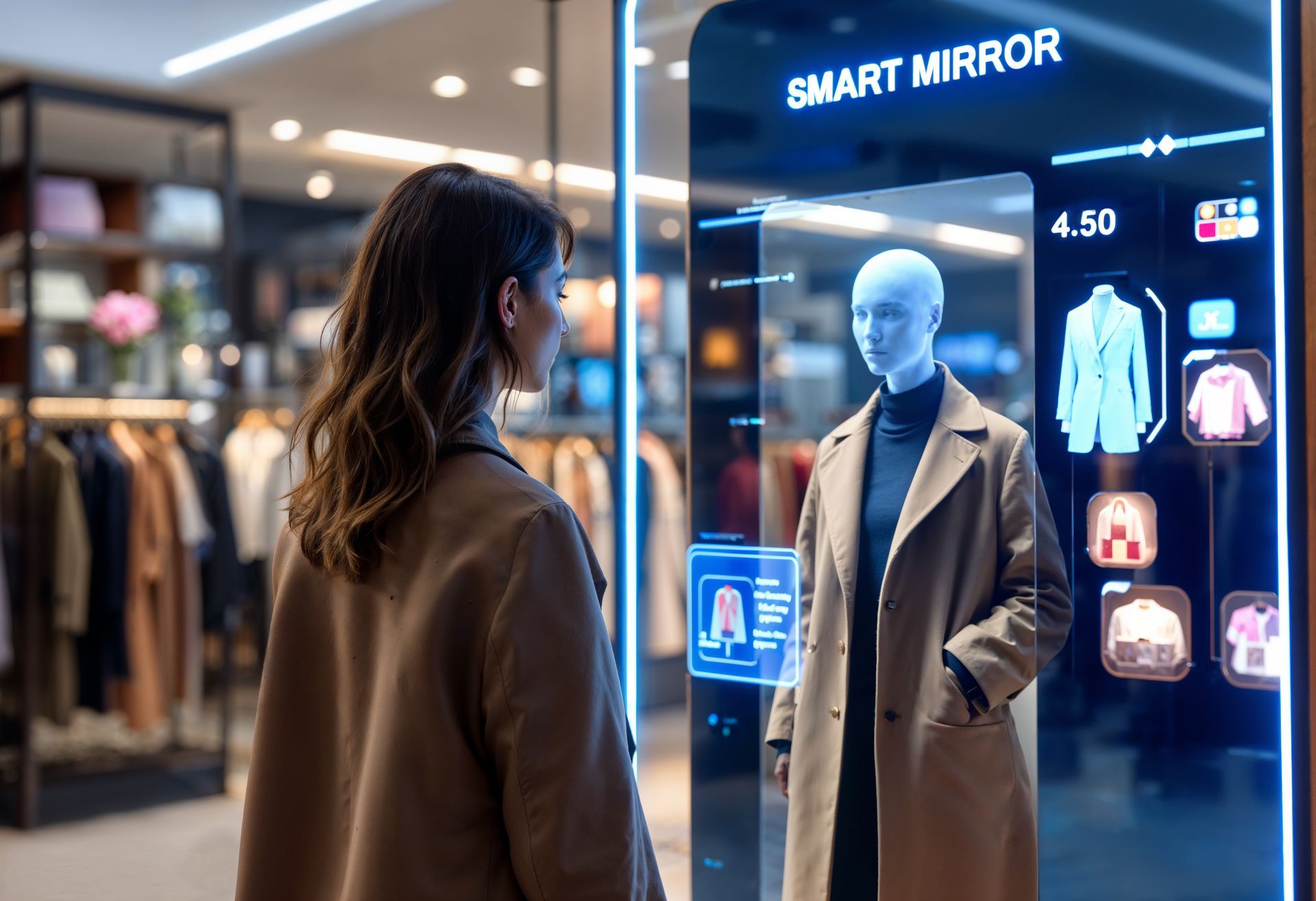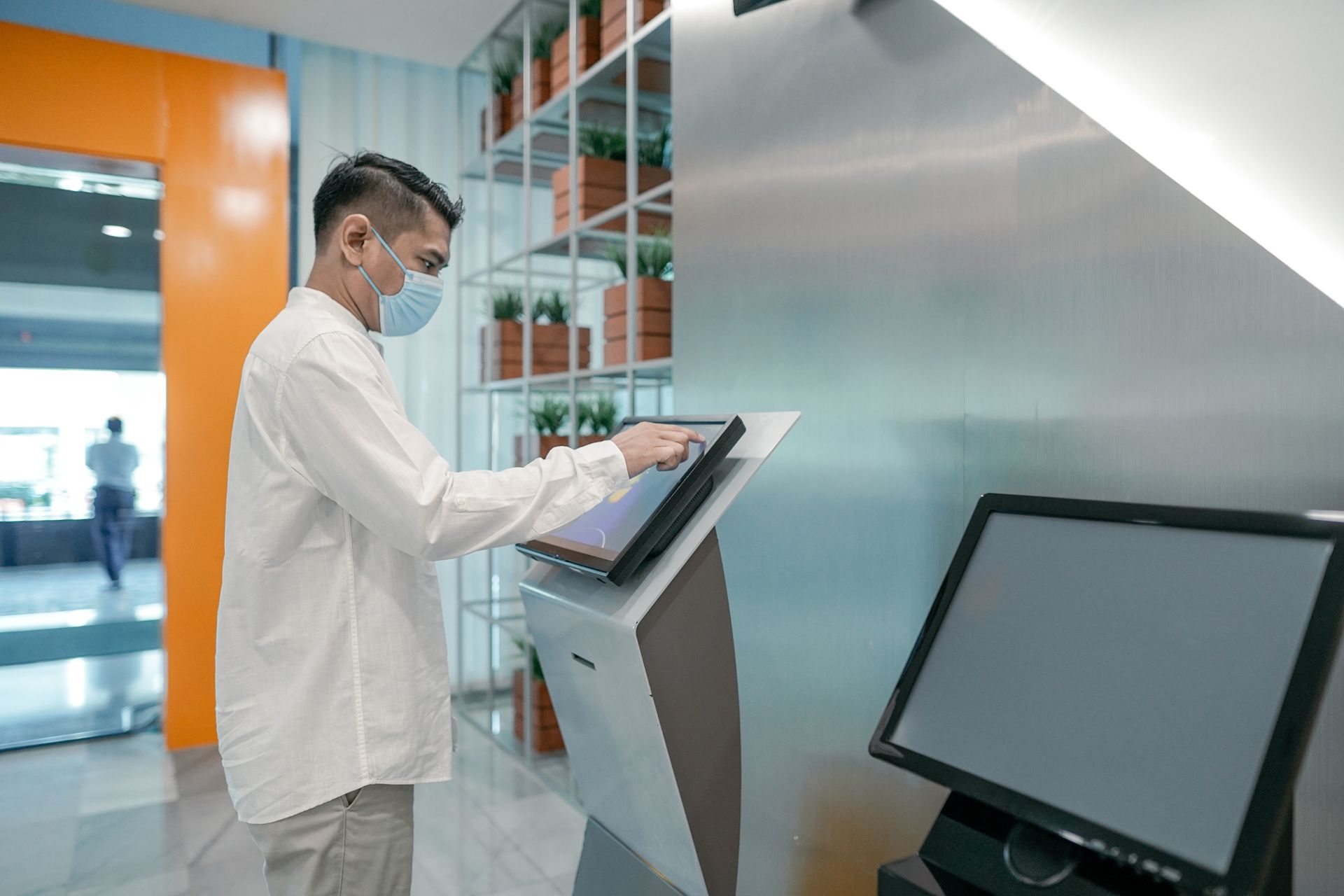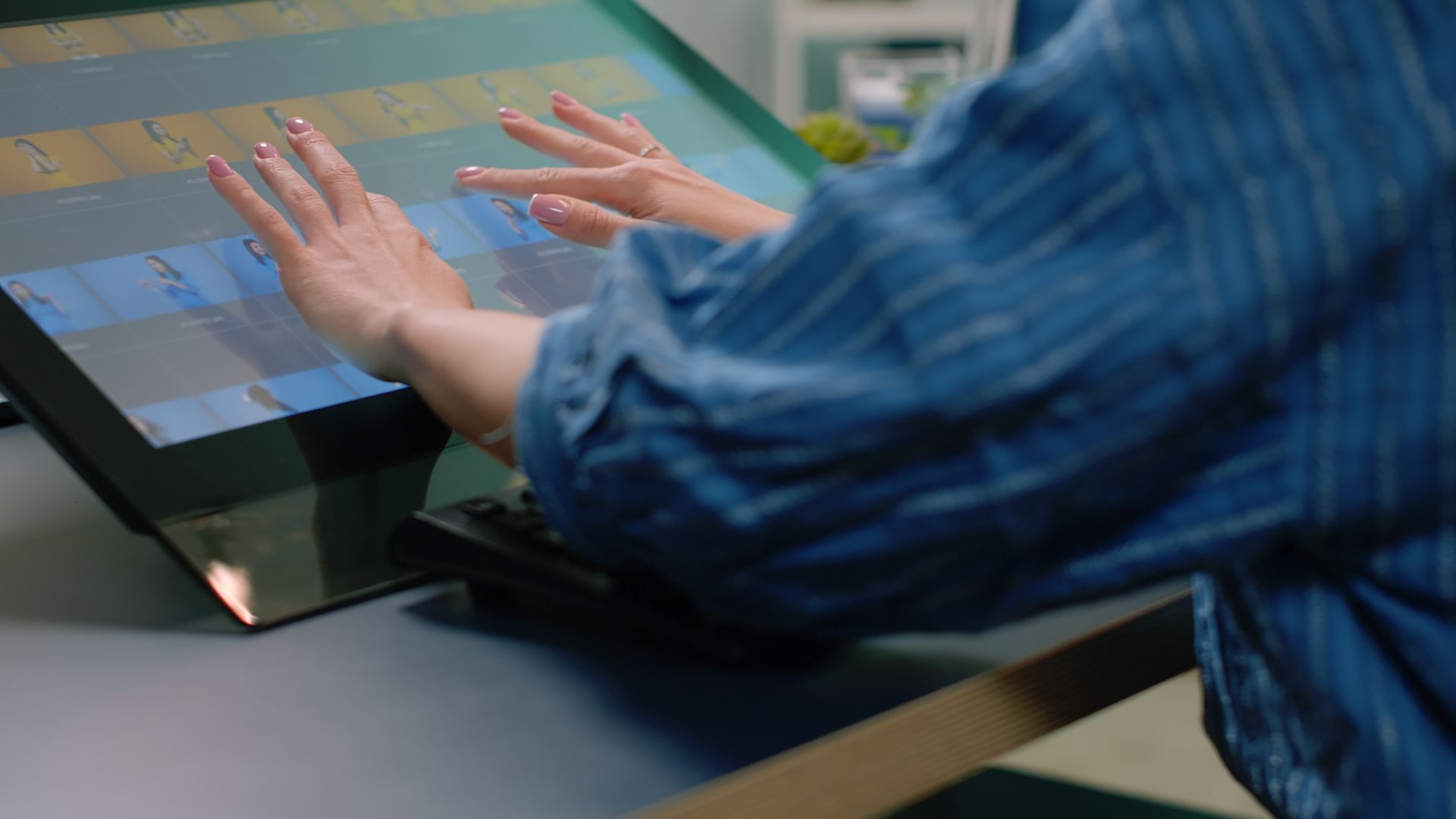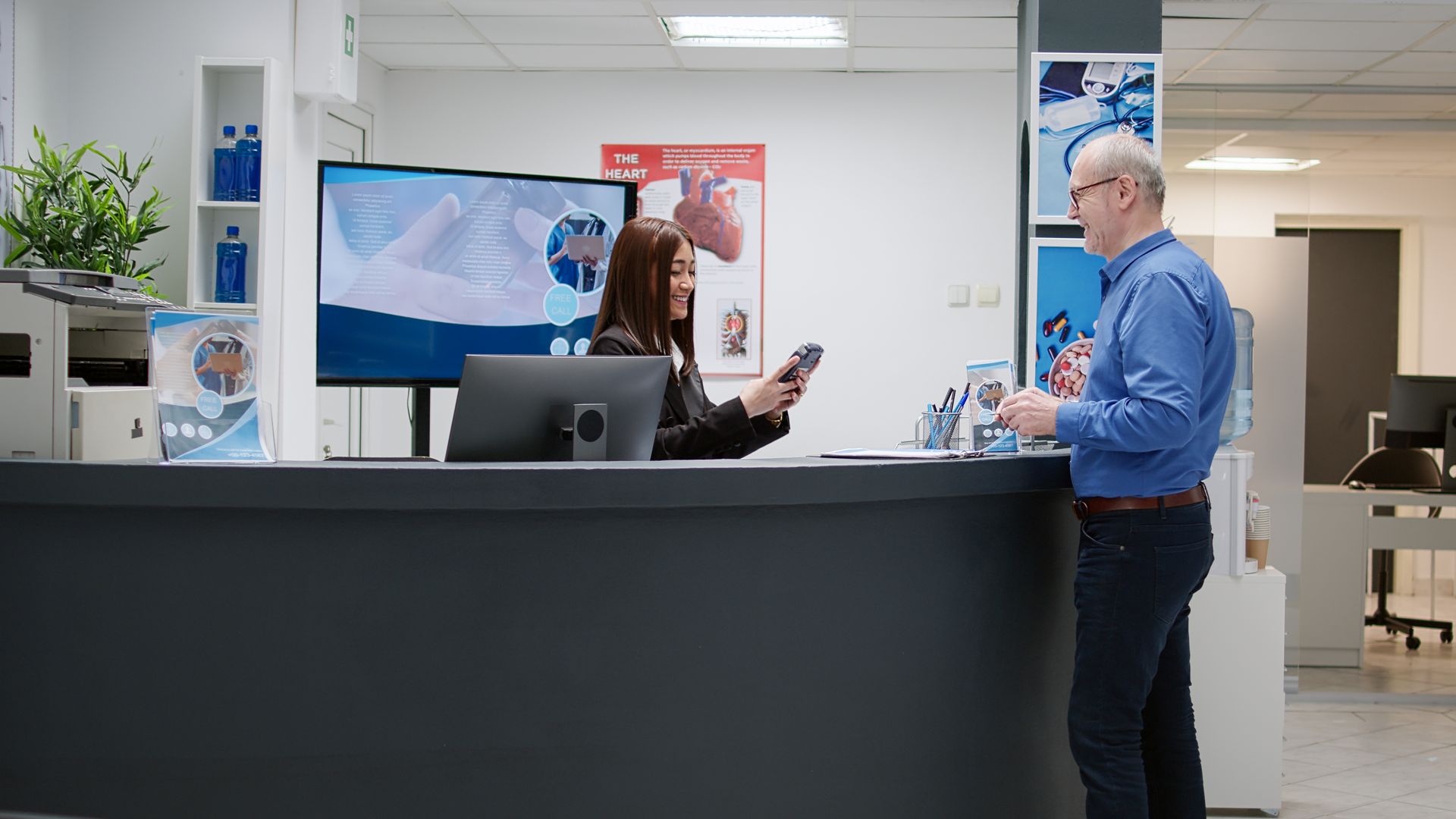Emerging Trends in Visitor Management Technology in Saudi Arabia: What to Expect in the Next 5 Years
Emerging Trends in Visitor Management Technology in Saudi Arabia: What to Expect in the Next 5 Years
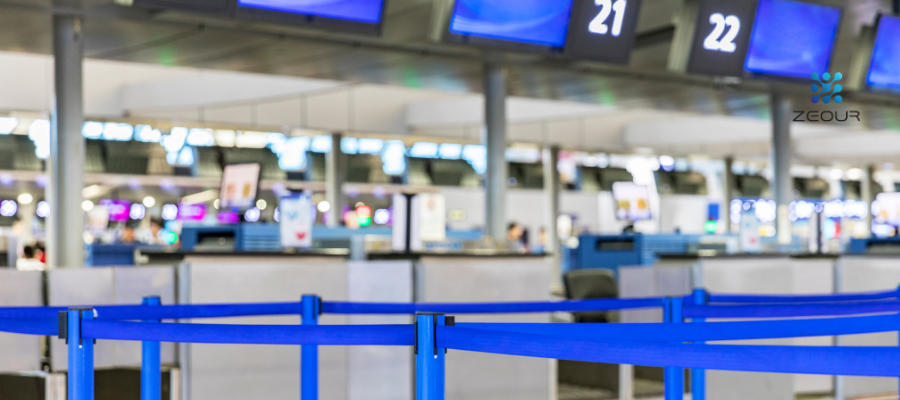
Visitor management technology (VMS) is undergoing a rapid transformation as businesses worldwide look for solutions that enhance security, improve visitor experience, and ensure compliance. Saudi Arabia, with its ambitious Vision 2030 initiatives, is at the forefront of adopting advanced digital technologies. In the next five years, visitor management technology in the Kingdom will likely see major innovations, with trends focusing on automation, security, and seamless integration. Here’s what Saudi organizations can expect in VMS technology trends through 2028.
1. Biometric Identification for Enhanced Security
As biometric technology becomes more affordable and accessible, its integration into VMS is expected to become standard across Saudi businesses. Biometric features like facial recognition, fingerprint scanning, and even voice recognition will help businesses establish a secure, fast, and frictionless identification process for visitors. This is particularly valuable in high-security environments, such as government buildings, corporate offices, and financial institutions. Biometric technology also ensures that only verified visitors gain access, reducing the risks associated with traditional sign-in processes.
2. AI-Driven Visitor Analytics and Insights
Artificial intelligence is revolutionizing data processing and analytics across industries. In the VMS space, AI can analyze visitor data in real time, delivering actionable insights into visitor behavior, peak times, and visitor preferences. This feature will allow Saudi organizations to optimize their operations by predicting visitor trends, managing resources effectively, and improving the visitor experience. Additionally, AI-driven insights can be integrated with customer relationship management (CRM) systems, providing valuable data to refine customer engagement strategies.
3. Touchless and Contactless Check-Ins
The demand for touchless technology surged during the pandemic, and it’s here to stay. In Saudi Arabia, where health and safety remain top priorities, VMS systems will increasingly adopt contactless check-in options, such as QR codes, mobile app check-ins, and facial recognition. This approach not only minimizes physical contact but also streamlines the check-in process, offering a faster and more efficient way for visitors to register. Contactless check-ins are particularly beneficial in high-traffic venues like shopping centers, hospitals, and corporate offices.
4. Enhanced Data Privacy and Compliance Tools
With the growing emphasis on data privacy and compliance in Saudi Arabia, especially in light of international regulations like GDPR and local laws, data protection features will be central to any VMS. In the coming years, VMS platforms will likely incorporate advanced privacy controls, encrypted data storage, and customizable consent forms. This will ensure that visitor data is collected, stored, and used responsibly, aligning with Saudi data protection laws and building trust among visitors who prioritize their privacy.
5. Integration with Smart Building Systems
Saudi Arabia’s push for “smart” cities and buildings is expected to drive the integration of VMS with smart building systems. Imagine a VMS that connects seamlessly with HVAC (heating, ventilation, and air conditioning), lighting, and access control systems. These integrations create a cohesive, automated visitor experience, from adjusting room temperatures based on visitor occupancy to providing personalized lighting setups in meeting rooms. Such capabilities enhance visitor comfort, reduce energy usage, and align with sustainable initiatives across the Kingdom.
6. Real-Time Emergency Response and Visitor Tracking
Real-time tracking and emergency response features are becoming more advanced in VMS technology. Saudi organizations, especially those managing large buildings or campuses, can benefit greatly from systems that can account for all visitors during an emergency. Future VMS platforms will offer automated alerts, evacuation assistance, and real-time location tracking to support efficient, safe evacuation protocols. These features enhance safety for visitors and employees alike, demonstrating a proactive approach to emergency preparedness.
7. Increased Use of Mobile App-Based VMS Solutions
Mobile apps are becoming essential tools for visitor management, especially in Saudi Arabia, where mobile penetration is high. VMS apps allow visitors to pre-register, receive entry passes, and access facility maps or resources directly from their phones. This trend is set to expand, as mobile app-based VMS platforms provide a more flexible and user-friendly experience for both visitors and management. Mobile solutions can also support multilingual interfaces, making them highly suitable for a diverse workforce and visitor base in Saudi Arabia.
8. AI-Powered Security Integrations and Threat Detection
Security is a top priority for businesses in Saudi Arabia, particularly in industries like finance, government, and healthcare. AI-powered threat detection features, including suspicious behavior alerts, automatic visitor verification, and AI-driven surveillance, are poised to become crucial in visitor management. Integrating VMS with AI-based security systems enables organizations to monitor visitor behavior and detect potential threats proactively. This layer of protection significantly reduces security risks, ensuring a safer environment for all.
9. Visitor Self-Service Kiosks with Multilingual Support
Self-service kiosks are growing in popularity due to their convenience and efficiency. In Saudi Arabia, where businesses often welcome an international clientele, kiosks with multilingual support will be especially valuable. These kiosks enable visitors to register themselves, print visitor badges, and access important information in Arabic, English, or other languages, reducing the workload on reception staff while providing a consistent, high-quality visitor experience.
10. Integration with Customer Relationship Management (CRM) Systems
Visitor management systems that integrate seamlessly with CRM platforms will help Saudi businesses better manage client interactions and engagement. This integration allows organizations to record visitor data directly into CRM systems, providing a more holistic view of customer interactions and preferences. CRM-integrated VMS can personalize the visitor experience based on prior visits or stored data, enhancing customer satisfaction and building stronger relationships over time.
Conclusion
In the next five years, visitor management technology in Saudi Arabia is set to undergo transformative changes. From biometric identification and AI-driven analytics to touchless check-ins and smart building integration, these trends reflect the Kingdom’s commitment to innovation, security, and visitor satisfaction. By adopting these advancements, Saudi businesses can position themselves at the cutting edge of technology, ensuring a secure, efficient, and personalized experience for every visitor. As VMS technology evolves, companies in Saudi Arabia have the opportunity to lead in digital transformation and enhance their visitor management strategies for years to come.
Embracing these emerging trends will allow businesses to stay ahead of the curve, aligning with Saudi Arabia's Vision 2030 and reinforcing the nation’s role as a leader in digital innovation.



